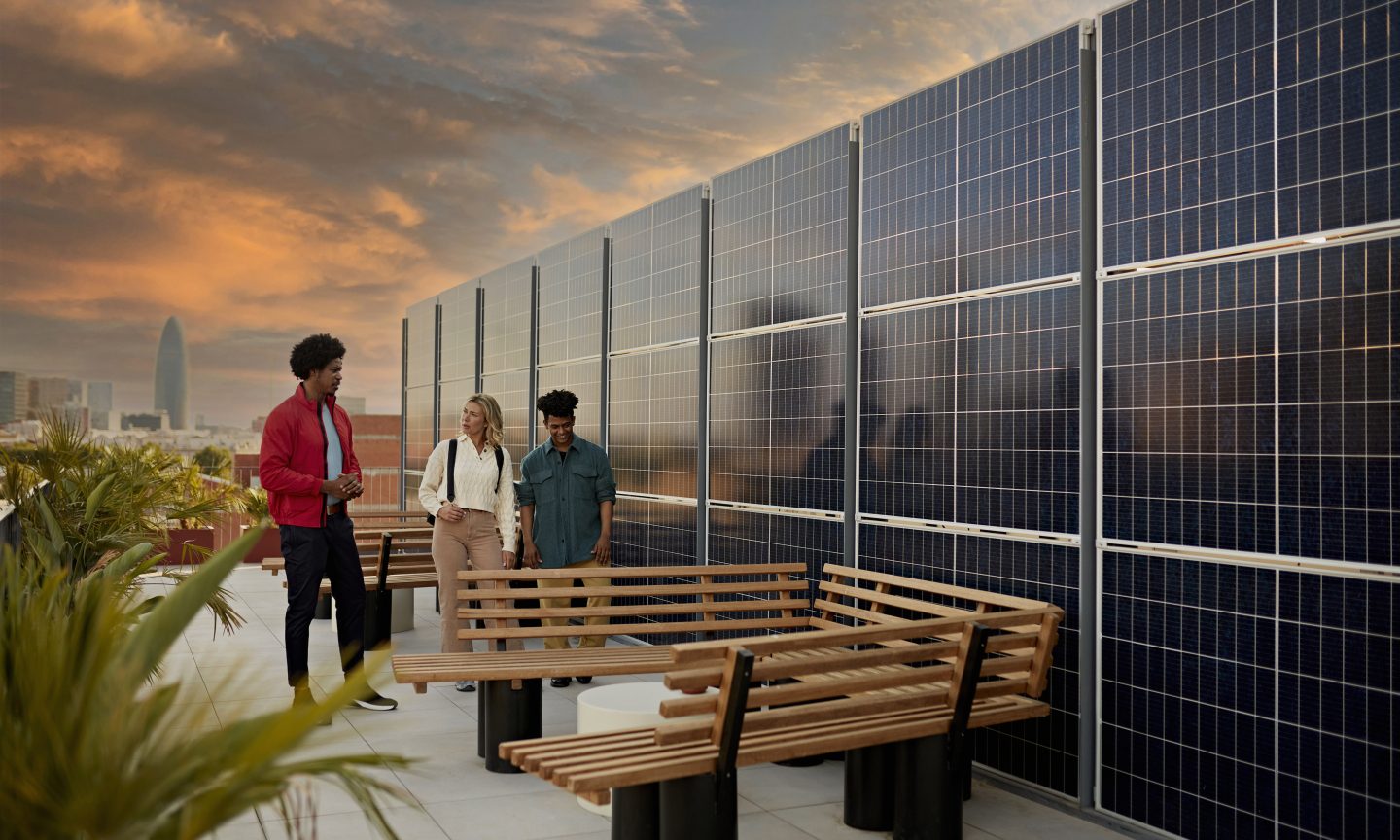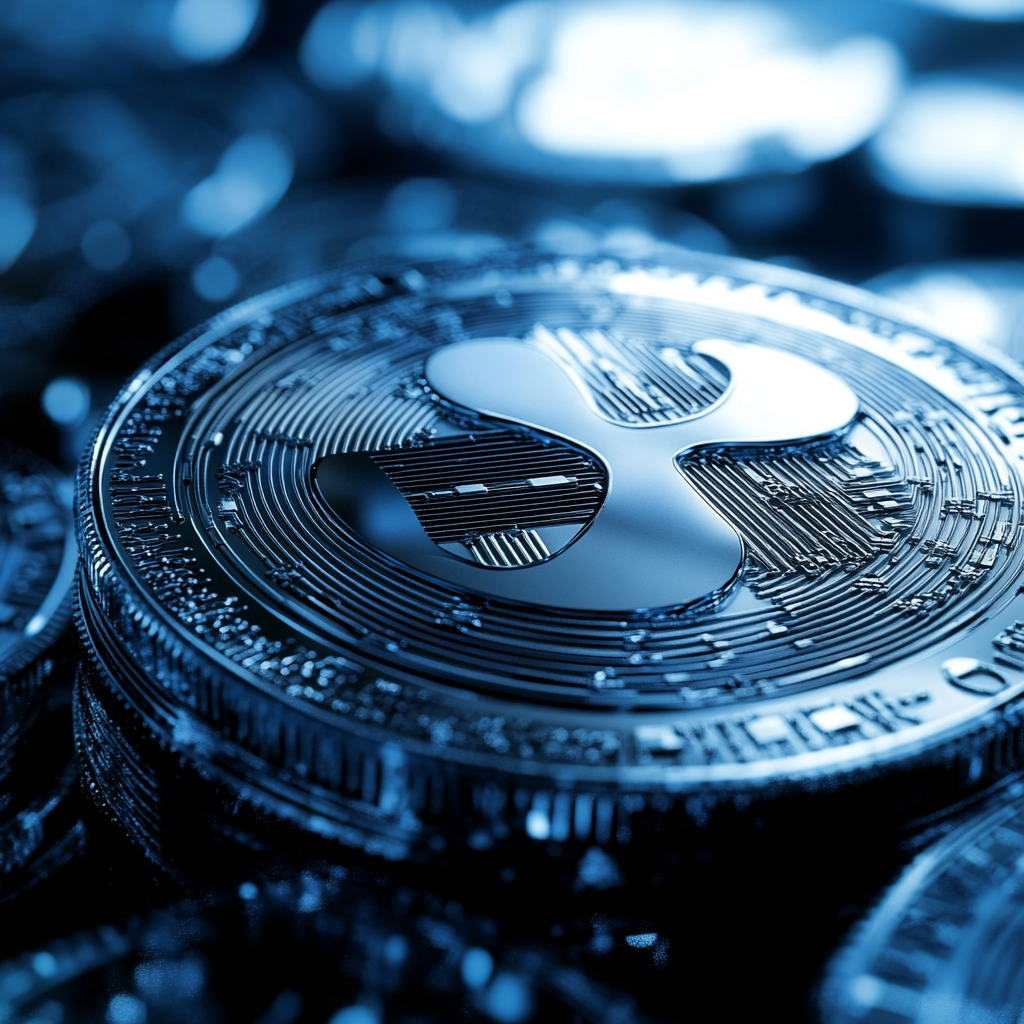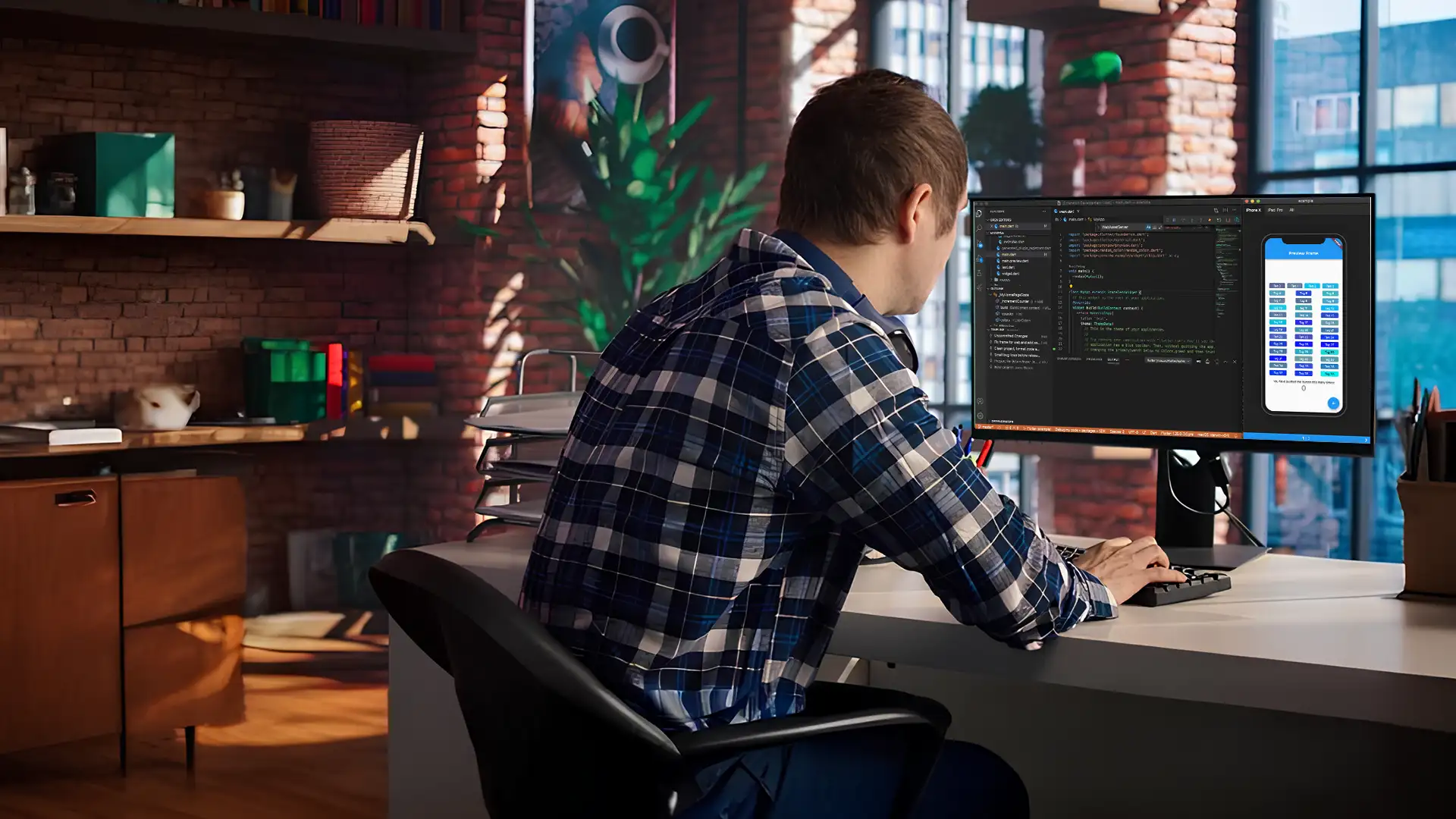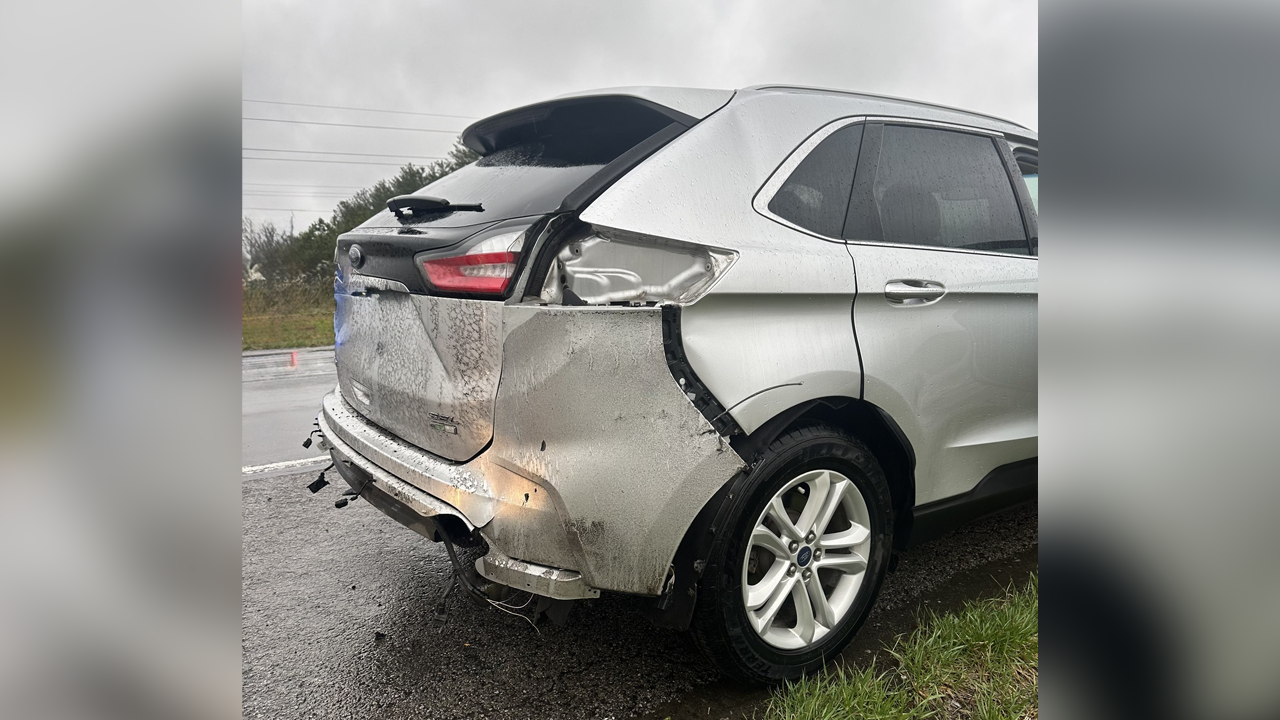Solar panels don’t work to generate electricity at night. They can produce some electricity when it’s cloudy. Solar panels are powered by sunlight, but they can provide power to a house at nighttime or during a dark day if the home has solar batteries to store the electricity.
Solar is the most abundant energy resource on Earth
. In fact, the Earth receives enough sunlight in an hour and a half to meet all our energy needs for a year
Do solar panels work without sun?
Most solar panels can still generate power when it’s cloudy; they just aren’t as efficient
There are two ways a home can still have power when it’s cloudy or dark:
-
Battery storage: An at-home battery storage system stores extra energy from your solar panels and acts as a backup.
-
The grid: Unless your property is far from a powerline, you won’t be totally off the grid. Most homeowners are still connected to the power grid and rely on electricity from the grid to supplement their solar panels.

Check your utility provider’s net metering program and your state’s net metering laws. Net metering allows residents to sell extra power back to the grid. It can save you money on your electric bill.
How do solar panels work at night?
Technically speaking, solar panels don’t generate electricity at night; they only generate power from sunlight. However, energy generated during the day can be stored in a battery system to keep your home powered through the evening.
In 2022, engineers at Stanford University developed solar cells that could generate some power at night, but it will likely be a while before that is the industry standard or commercially available
How to choose solar panels
Every home, landscape and climate is different, and that can affect the efficiency of solar panels. Here’s what to consider when shopping for solar panels and installers.
-
Rooftop panels vs. ground panels. Although solar panels work in all climates, multiple factors can affect the efficiency of rooftop systems and ground panels. The age of your roof, shade and tree cover on your property, and the size, shape and slope of your roof will help determine which solar panels work best for you. According to the U.S. Energy Department, rooftop panels perform best on south-facing roofs with a slope of 15 degrees to 40 degrees
-
Your energy efficiency. Before shopping for solar installers, audit your energy consumption to get an idea of how many panels your home might need to keep it running. You can invest in a professional home energy assessment or do it yourself it.
-
Budget and financing options. Going solar is an investment. Installing solar panels and a storage system can cost $15,000–$35,000 depending on the size of the battery and other factors
-
Compare bids. When shopping for solar panels, also shop for an installer. A North American Board of Certified Energy Practitioners (NABCEP) installer may be able to help you measure energy efficiency, find the best system set up for you and get financing within your budget. Get at least three detailed bids to compare before making this decision.

Bids should include the size and annual power production of the system, as well as price per watt or kilowatt, energy efficiency or rated power, the full cost of the installation and any warranties or routine maintenance.
Are solar panels expensive?
Are there tax incentives for going solar?
If I don’t own my home or rent an apartment, can I still use solar energy?




















Discussion about this post